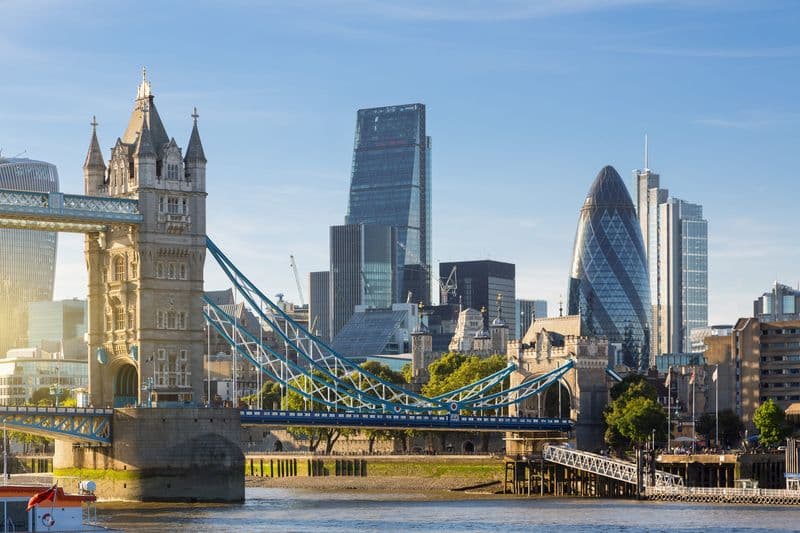
With over a quarter of the world’s population Muslim, alongside increasing financial literacy and the rise of online trading, many brokers are advertising ‘halal’ accounts. But experts warn that some of these trading products are only halal on the surface.
“Too often, we’re seeing what’s presented as an account for Islamic traders just getting a ‘halal’ stamp,” said Tobias Robinson, CEO at DayTrading.com. “But when we dig deeper, we find alternative charges or exposure to industries that Islam prohibits”.
The Problem With ‘Islamic’ Labels
In Islam, financial transactions should avoid riba (interest), ghara (excessive uncertainty), and links to haram industries, such as alcohol and gambling.
Therefore, a halal trading account should:
Not charge interest, known as ‘overnight swaps’
Avoid exposure to haram companies and sectors
Process costs and transactions promptly, particularly in forex
While digging into the best brokers for Islamic traders, DayTrading.com found some brokerages were skirting these principles in the interest of attracting new clients.
“We’ve reviewed dozens of so-called halal accounts and in some cases the rollover fee is simply repackaged into an ‘administration fee,’” explains Robinson. “Changing the label doesn’t change the fact that it’s still essentially riba.”
“Worryingly, we also found instances where brokers charge wider spreads, and thus higher fees, on Islamic accounts, to compensate for waiving interest charges”.
A jump from 1.2 pips to 1.5 pips on a currency pair might not feel like a lot, but for active traders, especially over time, those costs can wrack up and eat into profits.
3 Red Flags Muslim Traders Should Watch For
- Disguised interest: Zero overnight swap fees but an additional admin fee that may kick in after a few days and which isn’t charged on standard accounts.
- Prohibited industries: A halal trading account shouldn’t make it easy to buy stocks or assets in prohibited industries like alcohol, weapons, gambling, or pornography.
- Delayed settlement: Trades that aren’t settled promptly, especially in foreign exchange and commodity trades, as this raises concerns about the hand-to-hand exchange principle.
Ask Questions First, Trade Later
For aspiring Muslim investors, the fix is due diligence. “Don’t take marketing claims at face value – we don’t and neither should you,” says Robinson.
Dig into the small print, especially around rollover charges. Speak to support staff (email, telephone or increasingly live chat) to find out whether they restrict access to haram sectors in their Islamic account.
Equally, seek religious guidance if you’re unsure. Online trading is a hotly debated topic in Islamic finance circles, so seeking a steer from a qualified scholar may help you understand whether a trading product is permissible or not.
“Faith comes first,” stresses Robinson. “If there’s any doubt that an account or even a trade involves riba or haram exposure, it may be better to avoid it altogether.”
Finding Halal Accounts
The good news is that some halal trading accounts do exist. Some brokers have gone to great efforts to ensure their Islamic products comply with Sharia principles, and DayTrading.com has done the legwork to find them.
They have evaluated dozens of providers to identify trading accounts that meet Islamic requirements. Their top picks are a sensible place to start your research.
Closing Thoughts
“As more Muslims become interested in investing, the risks of being misled by Islamic in name only will only grow,” says Robinson. “What looks halal at first glance may in fact involve hidden riba or speculative practices that Islam does not permit.”
By staying vigilant and choosing a provider carefully, Muslim traders can protect both their wealth and their faith.
This article does not aim to provide religious advice. Please consult a qualified scholar if you have questions about your specific circumstances and individual investment products.


